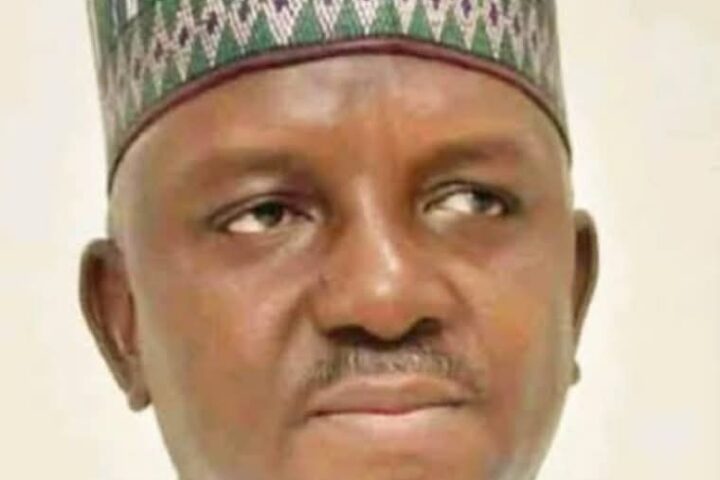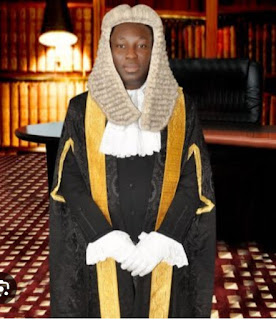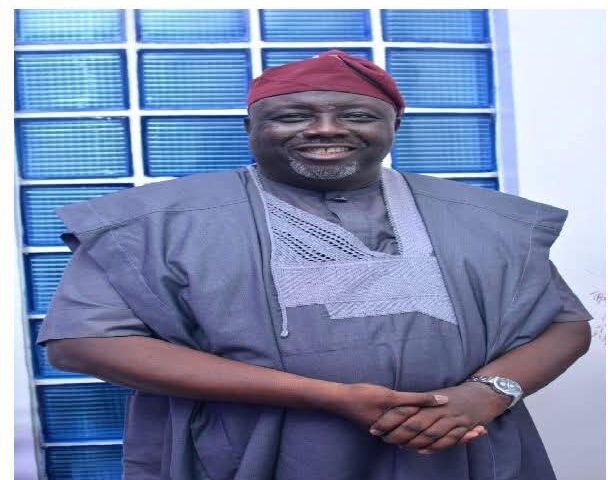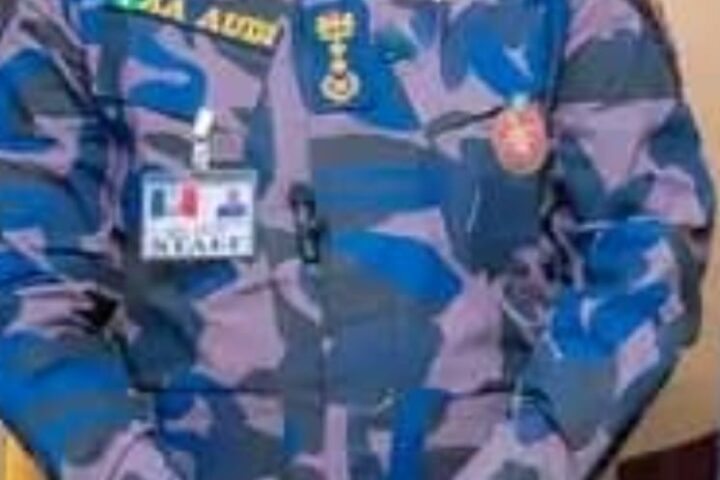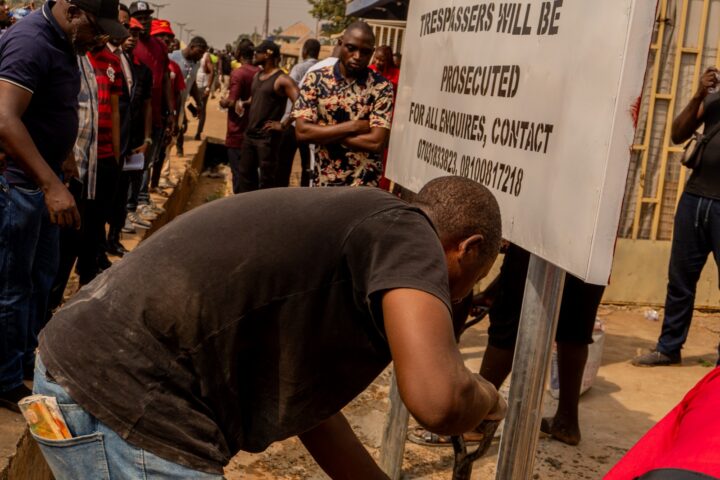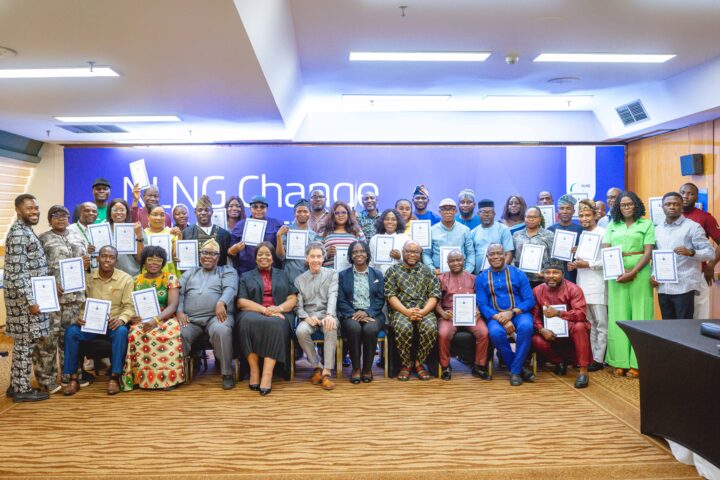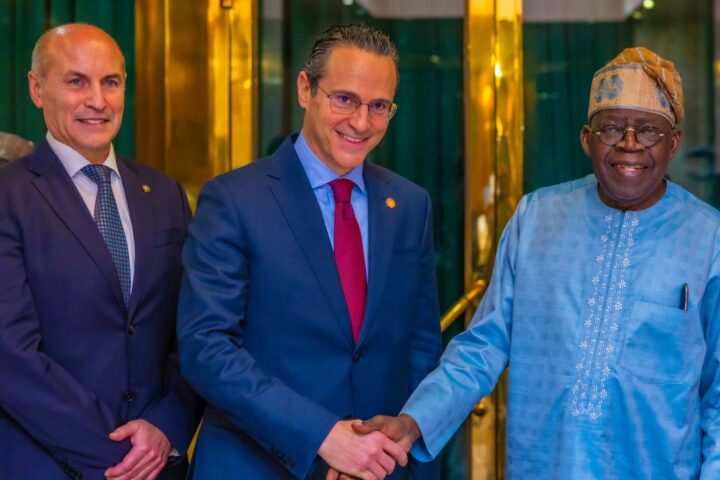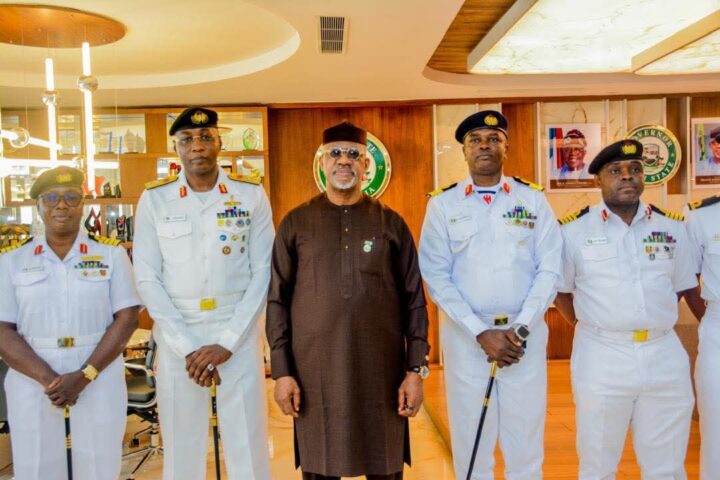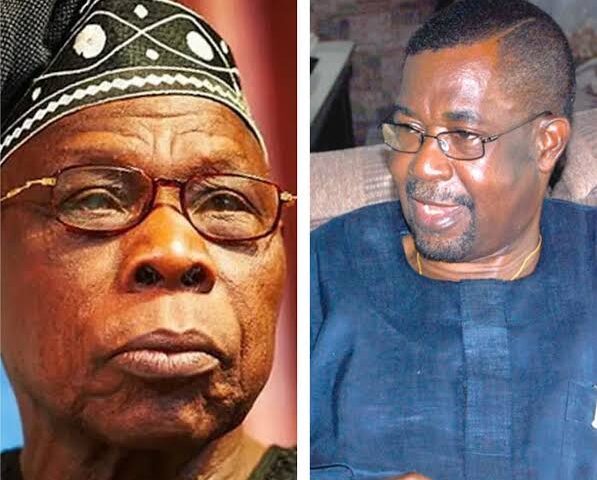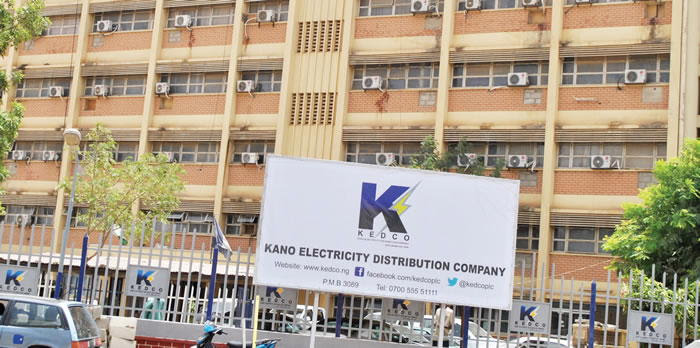
In this exclusive interview with PREMIUM NEWS,Auwal Ibrahim Musa(Rafsanjani) ,Executive Director Civil Society Legislative Advocacy Centre(CISLAC),Head of Transparency International (Nigeria) and Board of Trustees Chairman, Amnesty International Nigeria,speaks on the state of the nation and offers suggestions on how Nigeria can be freed from the current logjam.
Excerpts:
Nigeria’s insecurity is growing at a dangerous height while non-state state actors have reared in to fill the vacuum created by government’s lack of capacity to secure Nigerians effectively. What is your take on this? What are your fears about these developments?
We must first be sincere to ourselves about the fundamental issues militating efficient service delivery by our nation’s Defence sector. Hitherto, Defence sector’s procurement process and expenditures are not only corruption porous but also buried in secrecy. This in effect, results in lack of accountability of whopping sums hitherto approved for the procurement of weapons and recurring denial by successive security chiefs of the existence of weapons. Efforts of security agencies at curbing violence, insurgency, banditry and kidnapping are hampered by deep systemic corruption. It is worrisome that funds that are meant to buy equipment and even pay salaries go missing, leaving the military badly equipped, demoralized and incapacitated. The current performance of our Defence and Security services coupled with intensifying insecurity across the country raises a very big question on judicious utilisation of appropriated defence and security budget. The Ministry of Defence’s refusal to make its spending public has further made difficult to track the nation’s investment on the military and allied agencies. Under the administration’s watch, the growing budgetary allocation to the nation’s Defence and Security sector with contending political struggles for security votes has exacerbated corruption which is not far-fetched in Nigeria’s security sector. So, when we talk of lack of capacity by the government to secure Nigeria, we are not lacking in financial and human resources but accountability.
President Muhammadu Buhari admitted recently that the closure of the nation’s land borders for over a year didn’t stop firearms proliferation in the country. What does this mean to you and how best do you think Nigeria could mop up illegal ammunition in private hands?
Nigeria accounts for about 70% of the illegal small arms in the West Africa sub-region. Lack of adequate resources for institutions, especially those in the criminal justice system is a sad reality with agencies relying on foreign aid for substantial amounts to carry out their activities. Whether we like it or not, our nation’s borders remain very porous despite the closure. Some recent published reports have raised alarm of how bags of foreign rice are massively smuggled into the country through our land borders. Surprisingly, Government that understands the consequence of such is yet to investigate or tighten the border security. If bags of rice could be smuggled into the country at the watch of our security personnel, what else? We must be proactive in our security measures.
The government has identified high profile Nigerians as the brain behind the attacks and would soon go after them. How far can the government go to walk the talk? Don’t you think the government indeed needs foreign help to defeat terrorism in the land?
We must recall that this is not the first time Nigerian Government would make such an open statement. We saw in the past when the Government said it had identified the sponsors of insurgents in the North East while not a single person was named or arrested. I think Government should at this point move from merely public statements to appreciable actions. We must stop playing politics with insecurity. Apart from accountability of Defence spending, other fundamental are appropriate training and motivation for personnel to tackle the ravaging insecurity in the country. We must at this point strengthen our defence training and retraining programmes across special and psychological operations, research, sabotage and intelligent gathering. These can be acquired through robust collaboration with reputable and specific nations. We must also be wary of the consequences of seeking foreign help to solve our security problems. We understand our problems better, hence, must devise appropriate local measures to tackle it.
There have been cries for the removal of Pantanmi over his alleged connection with terrorist group. What does his continuous stay in the cabinet meant to do you, especially against the backdrop of government’s hurried vote of confidence on the minister without thorough investigation?
Well, it is worrisome that the Presidency which was expected to maintain total objectivity in its response to critical issues affecting the nation lost itself to one-sidedness when it hurriedly passed a vote a confidence on the minister without thorough investigation. The Presidency should have considered the public outcry and conduct a thorough investigation on the allegation. Through this process, it would have secured the public confidence.
Nigeria is said to be one of the poverty capitals of the world,even its huge oil and gas deposit which ought to make the country prosper. What is really wrong with the country and what is the way out of this sorry state?
Nothing stops Nigeria with huge oil and gas deposit from attaining socio-economic prosperity than lack of accountability and institutionalised corruption across the line agencies saddled with the responsibility of coordinating operational activities in the sector. These challenges have hitherto paved way for monumental corruption, mismanagement and poor accountability of public treasury. This includes the Nigeria National Petroleum Corporation (NNPC) account that was never audited for over 40 years of its existence. Despite persistent remediation by the Nigeria Extractive Industry Transparency Initiative (NEITI) with enabling recommendations on fixing identified gaps and lapses in the extractive sector management framework and processes, enforcement remains a major challenge in preventing future leakages. Sincere effort to address this, must take into consideration appropriate review of relevant provisions of Section 85 of the Constitution to strengthen the Office of the Auditor-general of the Federation, as a more sustainable measure to Audit and publish the financial activities of the NNPC and its subordinates. Also, public trust building between the executive and legislative arms is paramount to secure political will to sanction queries by the Public Account Committee in the National Assembly. More importantly, the oversight function of the Committee must be strengthened with adequate political will to engage thorough investigation and sanction erring public institution or person.
Transparency International recently scored Nigeria low in the 2020 Transparency International Corruption Perception Index (TI- CPI). What is the link between this rating and President Buhari’s claimed crusade against corruption since he assumed power in 2015?
Firstly, the TI-CPI openly confirms the existing reality of systemic corruption that constitutes a serious challenge to efficient delivery of social services to common Nigerians. Corruption permeates our socio-economic and political atmospheres with the alarming dreadful consequences backpedaling growth and development, while at the same calling for global concerns and discouraging investment opportunities. While we are aware of the various commitments including 2016 Anti-Corruption Summit in London and campaign promise by the Present administration to combat corruption in all ramifications without fear or favour, we find it disturbing that official corruption is deeply embedded and fast becoming a permanent fixture whose subculture melts seamlessly into the public servants’ daily life.
Despite various administrative promises and commitments to combat corruption, corruption remains a menace crippling Nigeria socio-economic development including the fast-falling educational standard, dilapidating healthcare, bad roads, rising unemployment that precariously breeds social vices like crimes, vandalism armed robbery, kidnapping, and youth agitation, poorly motivated security personnel, youth under-development, bad governance, and the eroded public services. The administration’s emerging dwindling capability to constructively and conclusively handle high profile corruption cases, gives chances to culprits to walk freely on the street and positive signal to potential culprits to freely engage in corruption. We observed that the manners in which systemic corrupt practices are encouraged and celebrated, especially in the public sector, if not rapidly addressed will ultimately erode citizens’ trust and confidence in governance and eventually backpedal the gains and recorded progress from anti-corruption in the country.
What is your take on the use of plea bargaining and whistle blowing to fight corruption in the land? Have the tools worked, what are the challenges and how can they be strengthened?
From critical observation so far, whistle-blowing has proven to be an effective measure to expose and combat corruption in all ramifications. Also, effort by the present administration at all levels may not yield the desired result, unless adequate protection is accorded whistle-blowers. However, Whistle-blowers are perceived as disloyal employees and troublemakers, who are out to unveil corruption practiced in secrecy. Reporting misconduct has caused some employees to be victimised by their employers as well as fellow employees, thus employees generally do not feel protected enough to come forward with information on misconducts and corrupt practices. There are several unreported cases of corruption worthy of exposure on daily basis; however, continuous victimizations, unjust treatments, fear of victimization, and lack of protection for whistleblowers have threatened effort by well-meaning persons, who would have volunteered to report various corrupt practices. The resultant threats on well-being of person or persons that exposed high-level corruption and abuse of office in Nigeria have re-established the immediate need for effective legal framework for whistle-blowing and the protection of whistle-blowers in all facets of our national life. ICPC and EFCC must strengthen whistleblowing mechanisms within public offices using Anti-corruption and Transparency Monitoring Units; institute an open-door policy that encourages employees to speak with their superiors and express their concerns; encourage anonymous reporting to protect the whistle-blower’s identity. The ultimate protection, in this regard lies with appropriate legislation in this regard and a vibrant judicial system.
What is the prospect of Nigeria developing alternative to oil now that the world is championing low consumption of oil and encouraging use of electric cars?
Nigeria from all indications coupled with existing over-reliance on mono-economic practice to finance its national budget, is not ready for that.
The Federal Government recently said it is integrating artisanal and modular refinery operations into the oil and gas sector in order to curtail illegal oil activities in the Niger Delta region. How do think this action is achievable?
This is another way government dodges critical problems bothering the nation. The government’s decision must be well-thought and carefully implemented to avert irreparable damage in the nearest future.
One of the actions government took against the needless gas flare in Nigeria was the gas flare commercialisation programme and adjustment of gas flare penality. Nigeria lost close to trillions of naira to gas flare last year despite the programme. What are your worries about this and how do you think Nigeria can achieve zero flare?
The decades of persistent waste burning from gas production and separation constitute massive flares resulting in serious discomfort to the communities living near the flare sites. Flaring creates noise pollution and communities may have to live with permanent light. When gas is flared, the combustion is often incomplete, so oil droplets fall on waterways, crops, houses and people. Niger Delta is one of the 10 most important wetland and coastal marine ecosystems in the world. It is home to some 31 million people, according to 2006 census. Oil spills, waste dumping and gas flaring are prevalent across region. It poses economic, health, environment and other challenges to local communities. Widespread environmental pollution, which has affected the region for decades, has damaged the soil, water and air quality. A report by Amnesty International reveals that hundreds of thousands of people are affected by gas flaring, particularly the poorest and those who rely on traditional livelihoods such as fishing and agriculture. The human rights implications are serious, under-reported and have received little attention from the government of Nigeria or the oil companies. Prompt review and full implementation of various legislation backing oil and gas exploration including PIGB will enable appropriate measures to curb gas flaring.
Nigeria has declared a decade of gas. How far can the country go to power the economy with revenue from gas and boost domestic consumer of the asset? What are the prospects of achieving this especially against the backdrop that consumption of gas is still low while its flare is on the high side?
This remains a policy statement until concrete effort is made towards attention shift from our existing mono economic practice to other less prioritised areas of the economy.
One of the loud views expressed during the recent public hearing on the Petroleum Industry bill was the need to increase the meagre 2.5% Host Community Fund to 10 percent. Would you say Nigeria is good to go with a law that would bring in more investors and engender transparency in line with international best practices?
The Host Community has hitherto suffered the impact of operational activities of oil and gas exploration in the Niger Delta. The Niger Delta is one of the 10 most important wetland and coastal marine ecosystems in the world. It is home to some 31 million people, according 2006 census. Oil spills, waste dumping and gas flaring are prevalent across region. It poses economic, health, environment and other challenges to local communities. Widespread environmental pollution, which has affected the region for decades, has damaged the soil, water and air quality. Hence, adequate attention must be accorded socio-economic development of the Host Community. This can only be secured through a sustainable measure like legislation. The review I believe is a welcome development.
You were passionate about Ogoniland’s clean up and restoration. What is the state of the clean up now? Are you satisfied with the ongoing there? What else do you think should be done to bring back Ogoniland from age long environmental despoliation?
Full operationalization of Free Prior and Informed Consent (FPIC) as a host community has the right to give or withhold its consent to proposed projects that may affect the lands they customarily own, occupy or otherwise use. FPIC remains a key principle in international law and jurisprudence related to indigenous peoples. It is the communities who have the right to decide whether they will agree to the project or not once they have a full and accurate understanding of the implications of the project on them and their customary land. Immediate environmental restoration through appreciable measures in the ongoing methods of oil and gas exploration, and injection of massive funds to restore dead rivers, soils, trees, plants and animal. Massive injection of funds to provide infrastructure and social amenities, considering the view of energy exploration communities. That is, which form of infrastructures are preferred, how they are to be executed and made to fit into the overall development of the host community




